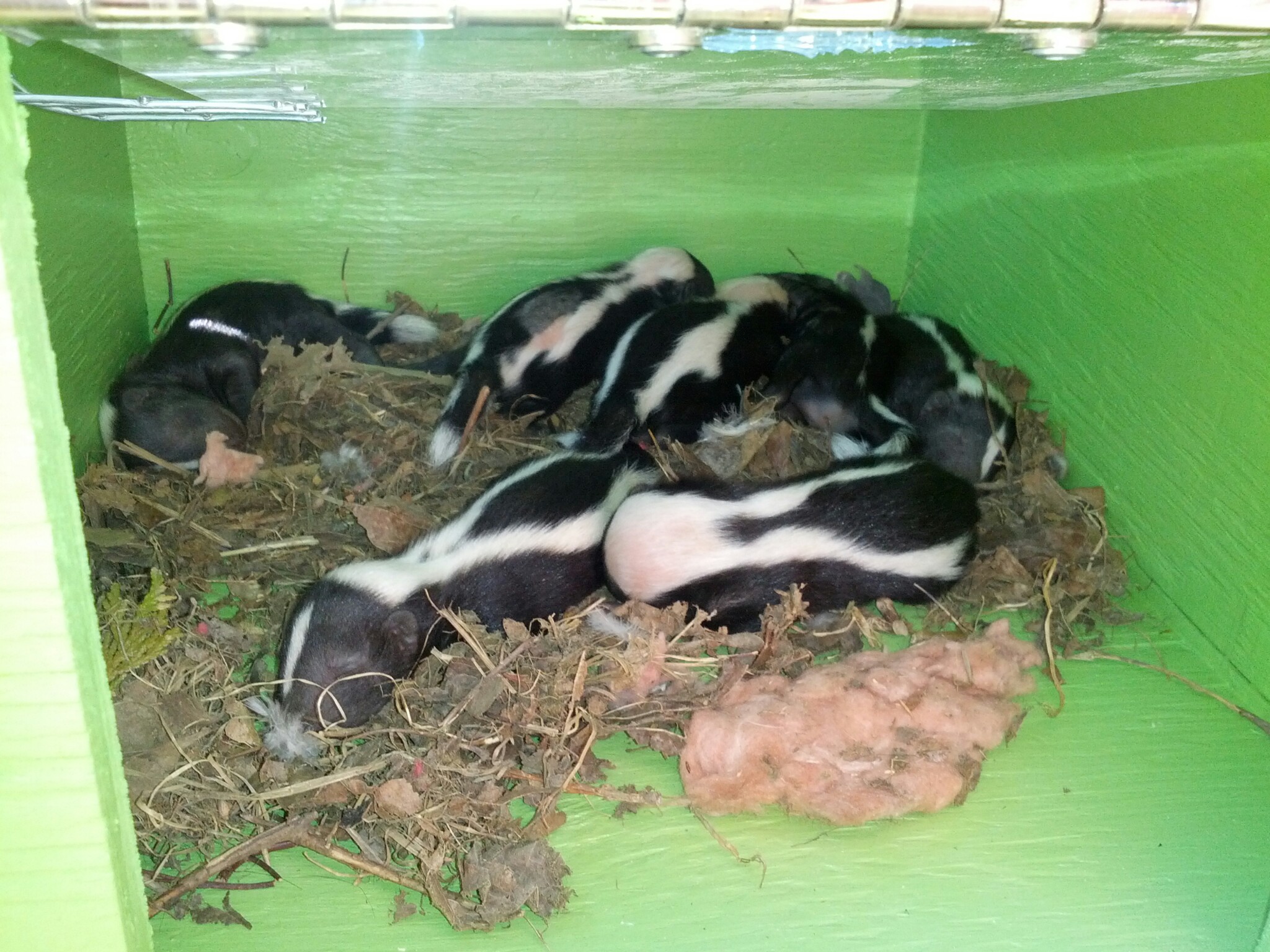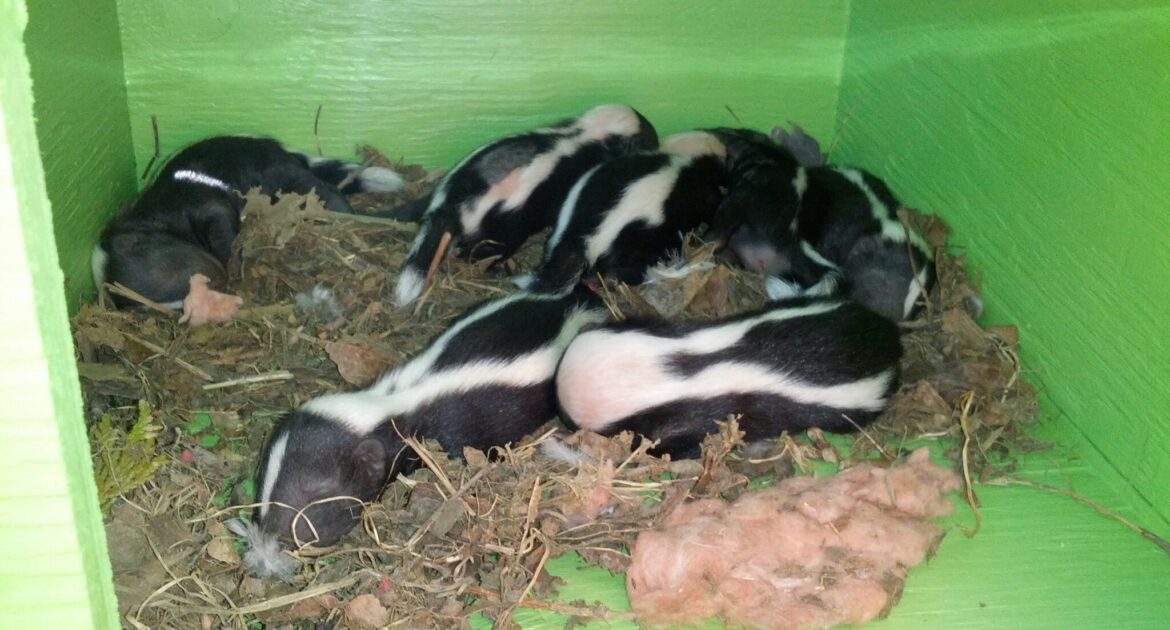During the winter, skunks become dormant, but as the weather warms up, they become more active again. This means you are more likely to see skunks and potentially have an encounter with one. If the skunks are denning somewhere in or near your home, you need wildlife control in Barrie to remove them. Here are some reasons that skunks are more active during the spring and summer.
1. Foraging for Food
Skunks do not hibernate, but when the weather turns colder, they do enter a state called torpor. They spend most of the winter inactive, living off the fat stores that they built up during the summer and fall. On winter days when the weather warms up enough, skunks do become temporarily active to do some foraging, but when the weather cools down again, they return to their dormant state until the temperature stays consistently high in the spring.
Having lived off their fat stores for most of the winter, skunks get right back to building them back up when spring comes along. During this time, they may come onto your property in search of fruits and vegetables from your garden, grubs from under your grass, and anything else they can find to eat, including garbage and pet food. If the food is plentiful, they may start looking for a place to build a den nearby.
2. Mating Season
One of the primary reasons why skunks become more active in the spring is because it is mating season. A female skunk only mates once per year, while male skunks may mate with several different females. A female skunk who is not interested in mating may spray her unwanted suitor, so the skunk smell may be more prevalent during this time of year.
After a female skunk has mated, she starts looking for a new den in which to raise her babies. Female skunks usually do not give birth in the dens they used to spend the winter. Skunks are burrowers that like to build dens underneath a sturdy existing structure, which could be a large rock or a fallen log but is just as likely to be a porch, deck, or shed. If you see piles of dirt near these structures that you did not make, it is a sign that you have unwanted visitors and should call for skunk removal right away.
3. Raising Babies
Skunks have a gestation period of approximately two months, meaning that they give birth in the late spring or early summer. For the first three weeks of their lives, the babies are deaf, blind, hairless, and almost completely helpless, though they do have the ability to produce their scent when they are eight days old. The mother skunk will nurse the babies for the first six weeks of their lives, then she will start taking them out of the den to teach them how to forage for food on their own, which is partly responsible for the increased skunk activity during the summer.
4. Coping With Hot Weather
Skunks don’t have access to air conditioning, so they have to find other ways to stay cool when the temperature climbs. It helps that they are most active when the sun is either just rising or starting to set. These times of day tend to be cooler as the sun’s rays are striking the earth indirectly. The sun’s rays also cannot penetrate too far beyond the earth’s surface, so skunks may dig their burrows deeper to keep cool.
Call Skedaddle for Wildlife Control in Barrie
If there is a family of skunks on your property, it is better for both you and the animals to have them removed humanely. Our trained technicians place the baby skunks in a heated box so that their mother can relocate them to a new den. We also clean up where the skunks have been and perform exclusion so they can’t come back. Learn about all our wildlife services.





